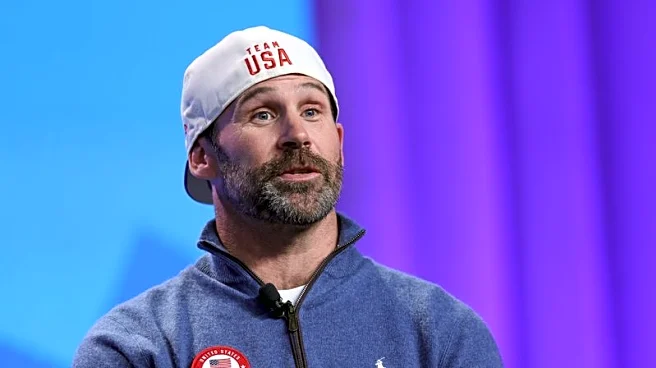Rapid Read • 7 min read
Iranian Foreign Minister Abbas Araghchi has claimed that his intervention led to a ceasefire between Iran and Israel. Araghchi stated that his appeal to U.S. Special Envoy to the Middle East Steve Witkoff prompted President Trump to pressure Israel into halting its planned airstrike on Iran. The ceasefire was announced by Trump, with Iran agreeing to hold fire first, followed by Israel after 12 hours. Despite initial violations, including a missile strike by Iran, the ceasefire was maintained after further diplomatic communications.
AD
The ceasefire between Iran and Israel is crucial in preventing further escalation of conflict in the Middle East, which could have significant geopolitical and economic repercussions. Stability in the region is vital for global oil markets and international relations. The involvement of the U.S. in brokering the ceasefire underscores its influence in Middle Eastern politics and highlights the complexities of diplomatic negotiations in conflict resolution.
Continued diplomatic efforts are expected to ensure the ceasefire holds, with potential negotiations for a more permanent peace agreement. The international community, including the United Nations, may play a role in monitoring compliance and facilitating dialogue between the parties involved. The situation remains delicate, with both sides needing to address underlying tensions to prevent future conflicts.
The ceasefire raises questions about the role of external powers in regional conflicts and the ethical implications of military interventions. It also highlights the challenges of achieving lasting peace in areas with deep-seated historical grievances. The situation may influence public opinion and policy decisions regarding military aid and alliances.
AD
More Stories You Might Enjoy












